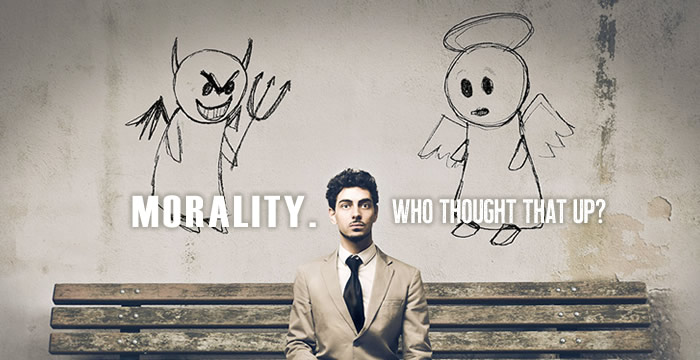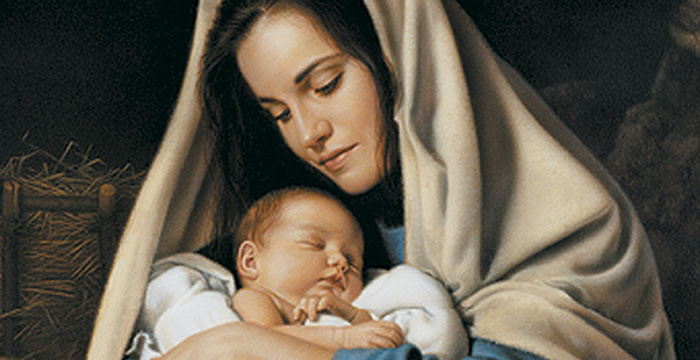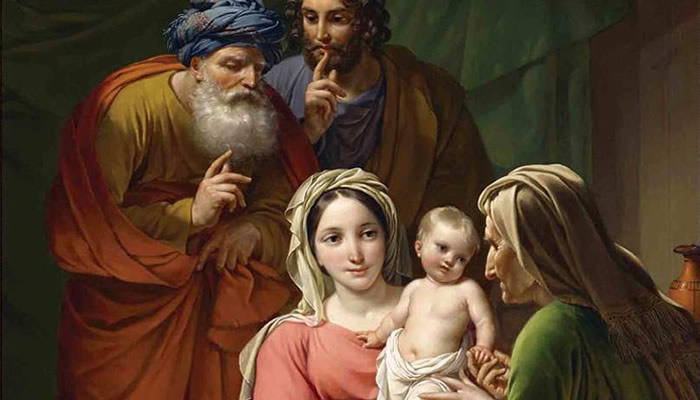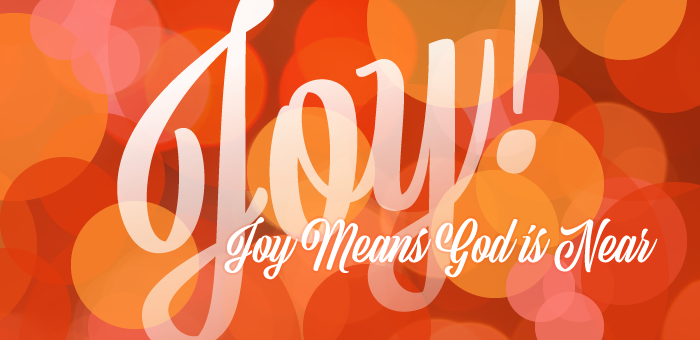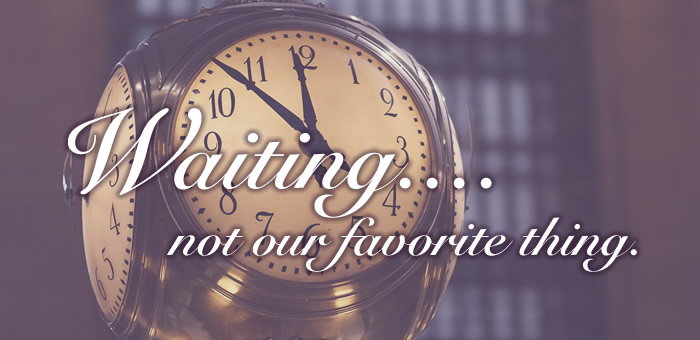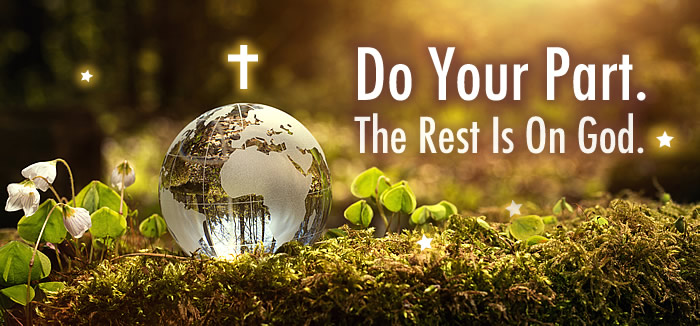
We humans are such a complicated, changing, rational and irrational mix of thoughts and feelings. And yet these are the tools we use to guide our way through life. Which is stronger? Which is right?
As children our feelings are our only guide. Some things make us feel good – some things make us feel bad. So the child keeps doing the “feel good” till it doesn’t feel good any longer. (We all remember eating the whole bag of cookies/popcorn/candy till we got sick.)
Later on life has shown us that not everything that feels good is “good for us”. We learn the word “no” from parents who love us and want the best for us. We learn that sometimes it’s best to not follow our feelings. “No running by the pool.” “Don’t jump on the bed.” “No cigarette sales to minors.”
Most of these thoughts come from generations of trial and error. It’s a low form of what we call “wisdom”. How many of us have lamented that wisdom came too late? “I wish I knew then what I know now. Things would be different.”
So why do we have these feelings if sooner or later they trick us into some really bad choices? (Any tattoos you’d like to get rid of?)
It’s because at their beginning they propose to us a very good thing. Physical pleasure, emotional uplift, affection given and received . . . all these are fine, God given human desires. Feelings are what point us to them and secure them for us. Feelings are wonderful.
The problem is our feelings need a governor (or a cop). By themselves feelings are energy, desire, appetite. They are indiscriminate about what they are attracted to. They’ll chase whatever brings the desired feeling regard- less of the results. Feelings need to be taught their proper purpose.
And what is that? – – – – What’s true. This affection you feel . . . is it true love? The fun gathering of friends . . . is it true? The desire to have some new possession . . . does it serve a truth.
Meanwhile, joined as a twin to the truth is . . . the Good. If something is true, it’s good. If it’s good, it’s true. And what is the source of Good and True? God of course.
So goodness and truth are the guides for our feelings, for what we should want, what we should do. This will at times require us to say “no” to certain feelings. Not out of fear or repression but simply because they don’t serve what is True or Good.
Remember when Jesus was fasting in the desert for 40 days and nights? Matthew, Chapter 4 tells us “Jesus was hungry.” Bread looked pretty good to him at that point. Yum! “Order these stones to turn into bread”, the devil said to him. Jesus of course replied, “Not on bread alone does man live, but on every word that comes from God.”
So feelings. They’re God’s way of leading us to what is true and good, but they need the eyes of Faith to see clearly their proper end. Let us teach these things to our children and show them in the way we live our lives as adults.
God Bless You,
Fr. Tim
This bulletin article was written on January 24, 2016.


